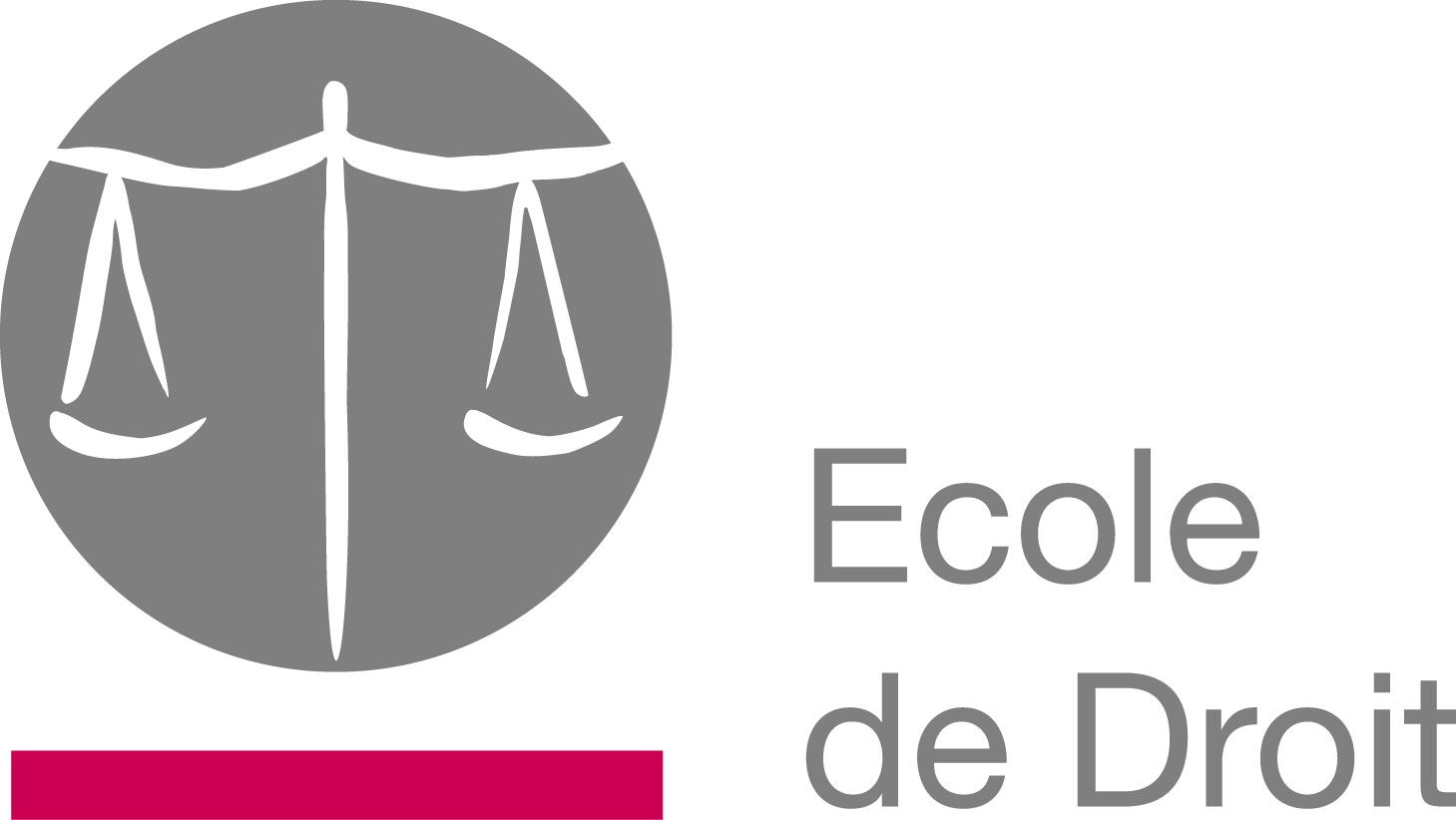 | Study programme | Français | |
 | Introduction to Psychology | ||
Programme component of Bachelor's Degree in Law à l"Law School |
| Code | Type | Head of UE | Department’s contact details | Teacher(s) |
|---|---|---|---|---|
| UD-B2-BDROIT-010-M | Compulsory UE | NIMAL Patricia | D920 - Service des Sciences juridiques |
|
| Language of instruction | Language of assessment | HT(*) | HTPE(*) | HTPS(*) | HR(*) | HD(*) | Credits | Weighting | Term |
|---|---|---|---|---|---|---|---|---|---|
| Français | 30 | 0 | 0 | 0 | 0 | 5.00 | 1.50 |
| AA Code | Teaching Activity (AA) | HT(*) | HTPE(*) | HTPS(*) | HR(*) | HD(*) | Term | Weighting |
|---|---|---|---|---|---|---|---|---|
| D-SCJU-205 | Introduction to Psychology | 30 | 0 | 0 | 0 | 0 | Q2 | 100.00% |
| Unité d'enseignement |
|---|
Objectives of Programme's Learning Outcomes
- Introduce interdisciplinarity in their analysis and perception of the law in order to activate knowledge to reflect critically and constructively on positive law
- Question the specifics of a legal approach in relation to other human sciences related to law
- Develop critical thinking skills based on this introduction to humanities
Learning Outcomes of UE
At the end of this course, students will be able to:- identify objects in studies of psychology. -to distinguish the scientific approach to this discipline from the popular approach, -to characterize different approaches to behaviour and mental processes: biological, psycho-dynamic, behaviourist, humanist and cognitive, -to describe and define the key concepts and major theories associated with the different approaches, -to discuss contributions and limits of the different theoretical perspectives, -to describe mental disorders
Content of UE
Introduction: definition,areas of psychology,the approaches and methods in the psychological sciences Biological approach: functions of the central nervous system, perception, the discussion innate/acquired Psycho-dynamic approach: the concept of the unconscious, the theory of Freud Behaviourist approach: the responding conditioning, operating, social Learning Humanist approach: the principles, theories of Maslow and Rogers, the notion of autoactualisation, assessment Cognitive approach: concepts of reasoning, intelligence, memory Mental disorders (first approach)
Prior Experience
Nothing
Type of Assessment for UE in Q1
- N/A
Q1 UE Assessment Comments
Not applicable
Type of Assessment for UE in Q2
- Written examination
Q2 UE Assessment Comments
Written examination: closed and open questions (memory, understanding and reflection)
Type of Assessment for UE in Q3
- Written examination
Q3 UE Assessment Comments
Idem Term 2 Assessment
Type of Resit Assessment for UE in Q1 (BAB1)
- N/A
Q1 UE Resit Assessment Comments (BAB1)
Not applicable
Type of Teaching Activity/Activities
| AA | Type of Teaching Activity/Activities |
|---|---|
| D-SCJU-205 |
|
Mode of delivery
| AA | Mode of delivery |
|---|---|
| D-SCJU-205 |
|
Required Reading
| AA | |
|---|---|
| D-SCJU-205 |
Required Learning Resources/Tools
| AA | Required Learning Resources/Tools |
|---|---|
| D-SCJU-205 | Slides on Moodle and documents distributed in course. |
Recommended Reading
| AA | |
|---|---|
| D-SCJU-205 |
Recommended Learning Resources/Tools
| AA | Recommended Learning Resources/Tools |
|---|---|
| D-SCJU-205 | Documentary film showed in course. |
Other Recommended Reading
| AA | Other Recommended Reading |
|---|---|
| D-SCJU-205 | Nothing |
Grade Deferrals of AAs from one year to the next
| AA | Grade Deferrals of AAs from one year to the next |
|---|---|
| D-SCJU-205 | Non autorisé |